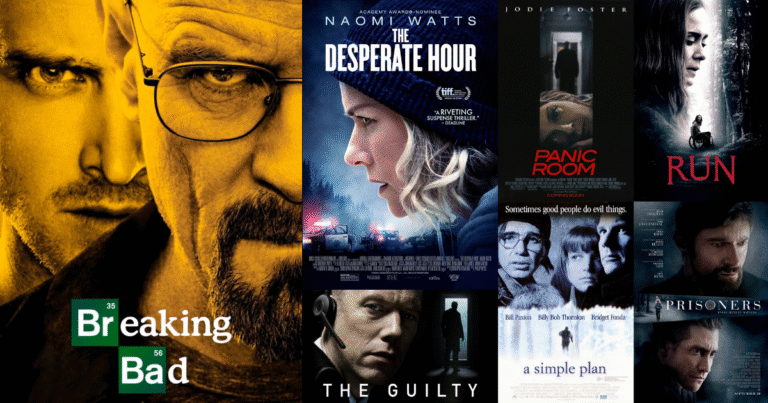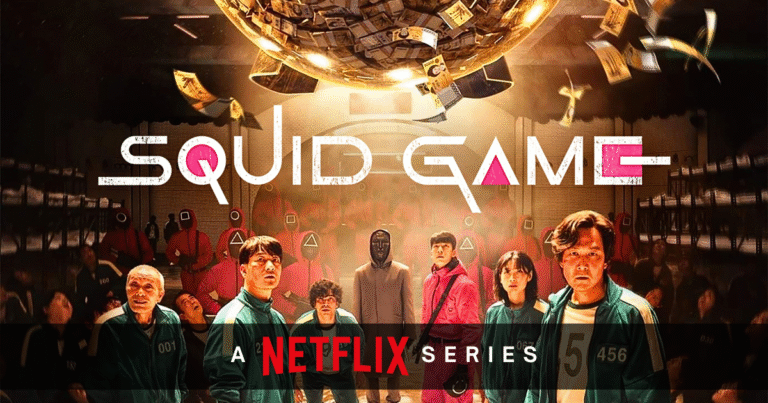Documentary films and docu-dramas are both great ways to tell true stories, but they go about it in different ways. While documentaries capture reality with a raw and factual approach, docu-dramas blend facts with drama to create a more cinematic experience. Let’s break down the differences between these two genres and explore how they each bring real-life stories to life.
- What is a Documentary Film?
A documentary is a non-fiction film that aims to inform, educate, or raise awareness about real-world issues, people, or events. Documentaries are grounded in truth and are often shot in real locations with real people, offering an unfiltered view of the subject.
For example, films like Won’t You Be My Neighbor? (about the life of Mr. Rogers) or 13th (which explores the history of racial inequality in the U.S.) are both documentaries. They focus on presenting facts, interviews, and actual footage to provide a deeper understanding of a topic. Documentaries rarely involve scripted scenes or actors.
- What is a Docu-Drama?
A docu-drama, on the other hand, is a hybrid genre that combines the elements of documentaries and dramatic storytelling. While it still tells the story of real events or people, docu-dramas use actors to portray the characters, and often include dramatized scenes to fill in the gaps where real footage doesn’t exist.
An example of a docu-drama is The Social Network, which dramatizes the founding of Facebook, or The Crown on Netflix, which portrays the life of Queen Elizabeth II. While these shows are based on real events, the dialogue, actions, and characters are scripted to fit the narrative of the story.
- The Approach: Facts vs. Fiction
The key difference between documentaries and docu-dramas lies in their approach to storytelling.
Documentaries stick to the facts. They use interviews, real-life footage, and sometimes voiceovers to tell the story. Their goal is to present the truth as accurately as possible. There’s little to no room for creative interpretation, and the filmmakers’ aim is to stay true to reality.
Docu-dramas blend reality with fiction. They take the facts and use artistic liberties to craft a more engaging or dramatic storyline. While they remain rooted in real events, the filmmakers may fill in the blanks with fictionalized scenes to enhance the narrative.
- The Purpose: Informing vs. Entertaining
Documentaries are mostly focused on informing and educating the audience. They shine a light on social issues, history, or personal stories, with the aim of broadening our understanding of the world. Documentaries often leave the audience thinking, questioning, or taking action on what they’ve learned.
Docu-dramas, on the other hand, are designed to entertain as well as inform. They take the truth and dramatize it, making the story more engaging and visually appealing. The goal is often to draw in a wider audience who may not be interested in watching a traditional documentary but are still curious about the events being portrayed.
- Which One is Right for You?
Both documentaries and docu-dramas have their own merits, and choosing between them depends on what you’re looking for:
If you want to learn about a real-world issue or event and get the unfiltered truth, a documentary is the way to go.
If you’re interested in a dramatic retelling of true events that combines storytelling with some creative flair, then a docu-drama might be more your style.
Both genres give us a deeper insight into real-world stories, but in different ways.
Final Thoughts
In the world of filmmaking, documentaries and docu-dramas are two sides of the same coin. Documentaries offer a raw, unpolished view of reality, while docu-dramas present a more cinematic experience by blending fact with fiction. Both have the power to move, educate, and entertain us, depending on the approach the filmmaker takes.
So, next time you’re in the mood for something real, but with a twist, you can decide whether a documentary or a docu-drama will give you the experience you’re looking for.












